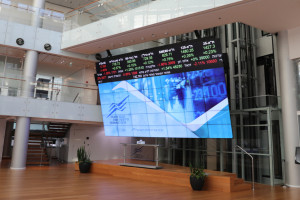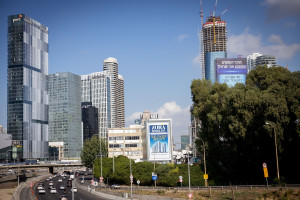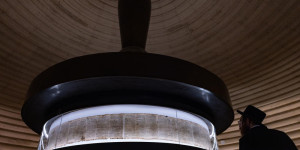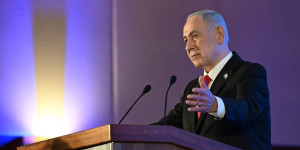Foreign investors sell nearly $600M in Israeli stocks since Iran war
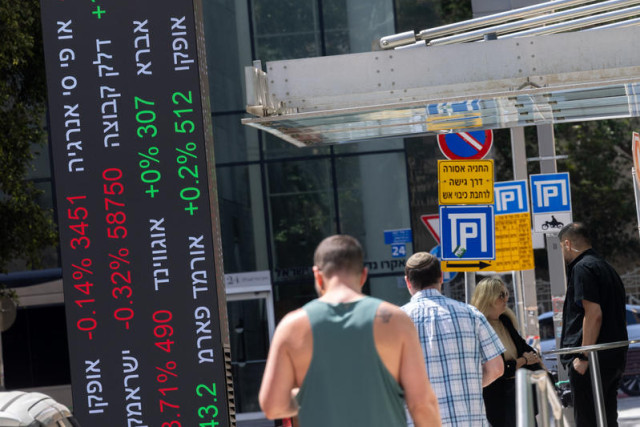
Foreign investors have reportedly reduced their exposure to the Israeli stock market, selling shares in Israeli companies worth approximately NIS 2 billion ($589 million) following the Iran war, according to a new report by the Tel Aviv Stock Exchange’s (TASE) research unit. The report covers the period from mid-June to the end of July 2025.
“Foreign investors were the main engine behind stock purchases from the start of the year until the eve of the war with Iran," assessed Udi Nir, head of TASE’s research unit.
"During that period, they purchased approximately NIS 10.5 billion ($3.1 billion) in equities – mostly bank stocks, totaling NIS 6.2 billion ($1.8 billion), and shares in defense companies worth NIS 1.9 billion,” he continued.
The report of reduced foreign investments is somewhat surprising given the strong performance of the Israeli stock market in recent months, despite the conflict with Iran and the ongoing war with Hamas in Gaza. The report revealed that investors continued to invest around NIS 200 million (almost $59 million) in defense stocks, which tend to perform well during times of war and political instability.
However, at the same time, there was a growing sell-off by foreign investors in Israeli industries such as banking, real estate, insurance, and biomed. However, this was partially offset by Israeli investors, who increased their exposure on the Tel Aviv Stock Exchange during the same period from NIS 1.9 billion ($557 million) to NIS 2.9 billion ($851 million).
The Israeli economy has remained remarkably robust, defying many negative forecasts despite facing significant challenges during 22 months of ongoing war. At the height of the Israel-Iran war in June, the Tel Aviv Stock Exchange’s TA-125 index rose by more than 8%, while the TA-90 index performed even better, gaining 11%. Notably, the strong performance of Israeli stocks was not limited to the period of the Iran war.
In 2024, the Israeli stock market surged by a whopping 28%, outperforming global competitors despite an intense multi-front war with Iran and its terrorist proxies Hamas, Hezbollah, and the Houthis.
The Calcalist Tech business outlet assessed at the time that the Israeli stock market benefited from the severe degradation of Hezbollah and the collapse of the Syrian Assad regime in late 2024.
“Hezbollah has been significantly weakened, the Assad regime has fallen, and Israel has destroyed much of the Syrian Army – outcomes that exceeded even the most optimistic war scenarios. Investors reacted swiftly to these developments.”
Calcalist noted that Israel outperformed most European, Japanese and Chinese stock markets despite the ongoing war in the Middle East.
“Research by the stock exchange shows that after major conflicts – excluding the relatively short Operation Guardian of the Walls – Israel’s stock market typically delivers double-digit returns in the following year, often outperforming the S&P 500,” Calcalist reported.
The current official ceasefire with Iran has increased economic optimism in the Jewish state.
Gil Dotan from the IBI Investment House assessed in early July that the ceasefire with Iran could facilitate “new opportunities that may arise with Israel's neighbors.”
Shmuel Abramzon, chief economist at the Israeli Finance Ministry, echoed similar optimism, assessing that the ceasefire had fueled an environment of “de-risking.”
“We are witnessing an extensive situation of de-risking. We are removing an existential threat and also an economic threat, as well as geopolitical risks,” Abramzon said.

The All Israel News Staff is a team of journalists in Israel.
You might also like to read this:



